プログラムProgram
12/8 (火) 10:00 - 12:00Dec 8th [Tue] 10:00 - 12:00
メインシンポジウムMain Symposium *held in Japanese only
ポストコロナ時代のジョイント・ディグリーJoint Degree Programs in the Post-Coronavirus Era
~教育研究の国際化と地方創生~Internationalization of Education and Research & Regional Revitalization
司会:国立大学法人東海国立大学理事 杉山 誠(岐阜大学副学長(国際担当)) |
|
| 10:00 | 開会挨拶(5分)国立大学法人東海国立大学機構機構長 松尾 清一(名古屋大学総長) |
|---|---|
| 10:05 | 講演(各10分)岐阜大学ジョイント・ディグリー4専攻の現状と展望岐阜大学グローカル推進機構長 植松 美彦 国際連携食品科学技術専攻(修士)におけるグローカル産業人育成岐阜大学応用生物科学部教授 海老原 章郎 ジョイント・ディグリーを中軸とする国際共同研究の活性化岐阜大学工学部教授 久米 徹二 |
| 10:50 | 基調講演(20分)ポストコロナ時代の国際教育交流文部科学省高等教育局長 伯井 美徳 |
| 11:10 | 講演(20分)名古屋大学が展開するジョイント・ディグリープログラム名古屋大学副総長 (国際担当) 川北 一人 |
| 11:30 | ディスカッション(30分)文部科学省高等教育局主任大学改革官 命 高等教育国際戦略PTリーダー 佐藤 邦明 京都工芸繊維大学・チェンマイ大学国際連携建築学専攻長 准教授 高木 真人 筑波大学国際連携持続環境科学専攻 准教授 清水 和哉 名古屋大学、岐阜大学 ほか |
| 12:00 | 閉会挨拶(5分)国立大学法人東海国立大学機構大学総括理事・副機構長 森脇 久隆(岐阜大学長) |
12/8 (火) 13:30 - 17:00Dec 8th [Tue] 13:30 - 17:00
(JST)
学術セッションAcademic session
持続可能な地域開発のためのグローカル化推進Gifu Joint Degree Webinar 2020 (Academic session); Glocalization for Sustainable Development of Regions
2019年、インド工科大学グワハティ校、マレーシア国民大学および岐阜大学は「国際連携専攻(ジョイント・ディグリープログラム)」を立ち上げました。地域開発への貢献を念頭に、工学や応用生物分野での科学技術研究活動を広く網羅する国際教育プログラムとなっています。当プログラムを通じ、産業界を含む様々な地域の利害関係者の協力を得ながら、3大学協力の枠組みにより地域開発貢献を実現できるものと考えております。
私達が目指す地域開発とは、各関係団体等からのご支援いただきながら、地域間または地域内活動を通じて、革新的アイディアや技術をもって持続可能なシステムを実現させるというものです。今回のウェビナーでは、地域がそれぞれ持つ構想、地域開発計画や地域産業による環境に配慮したスマートテクノロジーの事例などを共有し、参加者による意見交換を行います。 Indian Institute of Technology Guwahati, Universiti Kebangsaan Malaysia and Gifu University launched a series of International Joint Degree Programs in 2019, which covered a wide range of topics in science and technologies in Engineering and Applied Biology. All programs focus on contributing to regional development, which can be achieved by international collaboration among the three institutions keeping in mind various regional stakeholders, including industrial sectors.
Our scenario for regional development mainly focuses on the realization of sustainable systems through innovative ideas and technologies through institutionally supported inter- and intra-regional activities. In this webinar, we will exchange our ideas, which will eventually contribute to acceleration of our concept of regional development, including sharing of current designs for each region, and practices of green and smart technologies by regional industries.
| 13:30 | 開催挨拶Opening Remarks植松 美彦 岐阜大学グローカル推進機構長Dr. Yoshihiko Uematsu (Executive Director of GU-GLOCAL) 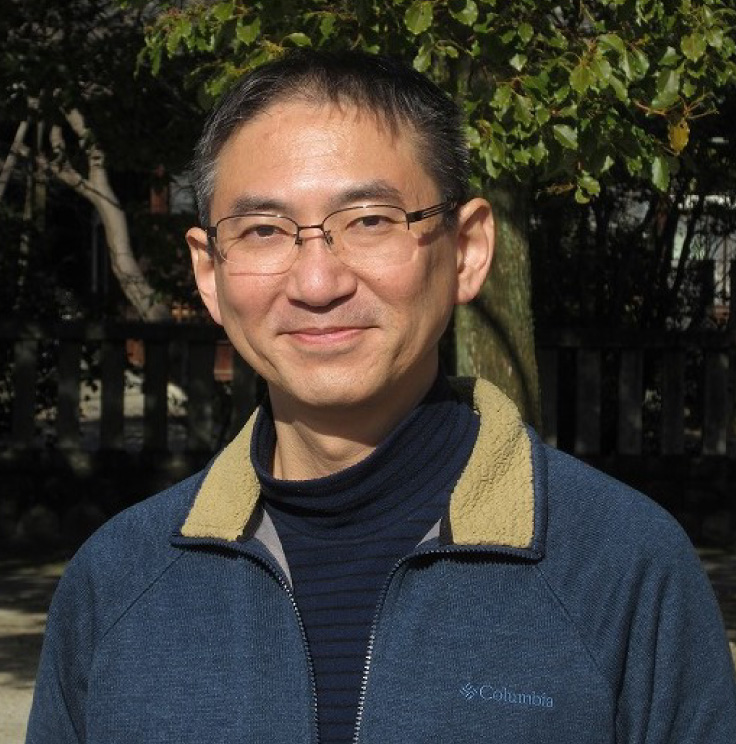 |
|---|
持続可能な地方創成シナリオStrategic Scenario for Sustainable Development of Regions
座長:小山 博之 岐阜大学グローカル推進機構副機構長Chair: Dr. Hiroyuki Koyama (Associate Director of GU-GLOCAL)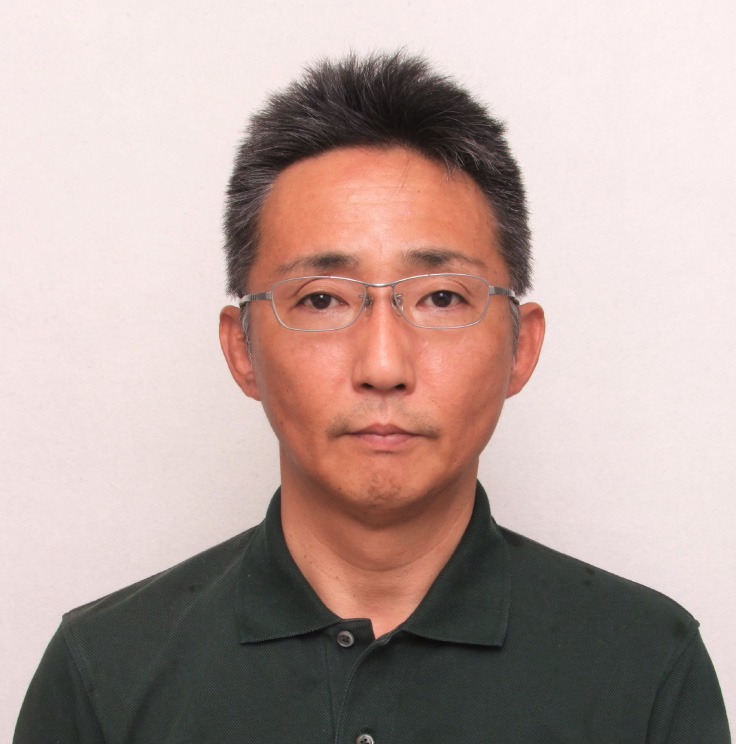 |
|
| 13:35 | バイオエコノミー:持続可能な社会の開発のためのキーコンセプト(15分)Bioeconomy; A Key Concept for Sustainable Development of Society (15 min.)柴田 大輔 一般社団法人バイオインダストリー協会植物バイオ研究会会長、岐阜大学グローカル推進機構客員教授)Dr. Daisuke Shibata (Director of Plant Biotechnology, Japan Bioindustry Association. Visiting Professor, Gifu University Organization for Promotion of Glocalization) 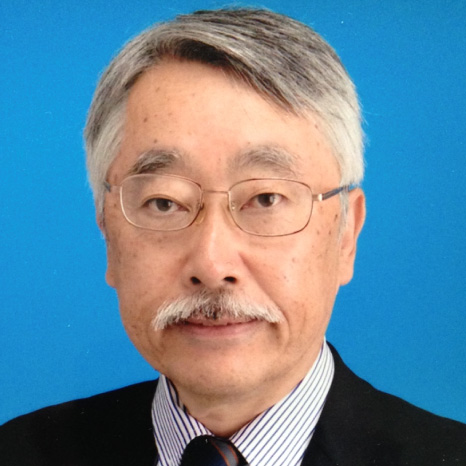
|
|---|---|
| 13:50 (JST) |
植物組織培養:北東インドの生物資源への付加価値の創生(30分) Plant Cell and Organ Culture: Value Addition to The Bioresources of NE Region of India (30 min.)Dr. Rakhi Chaturvedi (Professor, Department of Biosciences & Bioengineering, Centre for Rural Technology, Indian Institute of Technology Guwahati)Dr. Rakhi Chaturvedi (Professor, Department of Biosciences & Bioengineering, Centre for Rural Technology, Indian Institute of Technology Guwahati) 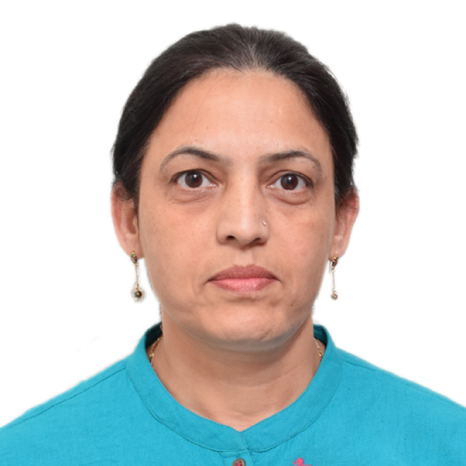
|
| 14:20 (JST) |
クアラルンプール圏の空気質における持続可能かつレジリエントな都市への挑戦(30分)Air Quality in Greater Kuala Lumpur: Challenges toward Sustainable and Resilient City (30 min.)Dr. Mohd Talib Latif (Professor, Faculty of Science and Technology, Universiti Kebangsaan Malaysia) Dr. Mohd Talib Latif (Professor, Faculty of Science and Technology, Universiti Kebangsaan Malaysia) 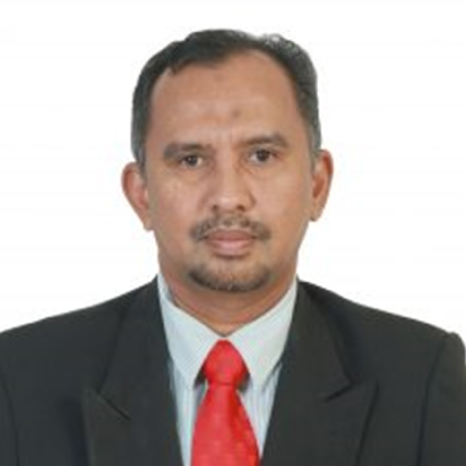
|
| 14:50 | エネルギーの地産地消(30分)Local Community Energy System (30min.)板谷 義紀 岐阜大学工学部 教授Dr. Yoshinori Itaya (Professor, Department of Mechanical Engineering, Gifu University. Director, Gifu Renewable Energy System Research Center, Gifu University) 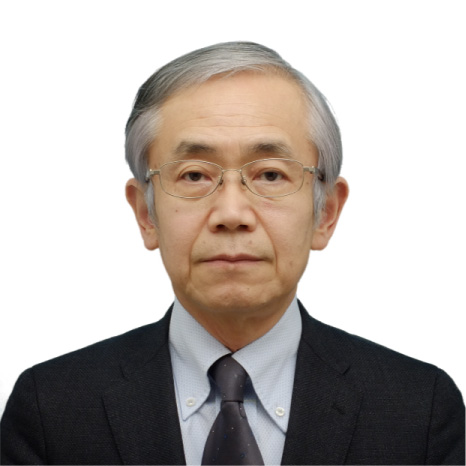
|
地方創成のための環境に配慮したスマートテクノロジー Green and Smart Technologies for Regional Development.
座長:西津 貴久 岐阜大学応用生物科学部 教授Chair: Dr. Takahisa Nishizu (Professor, Faculty of Applied Biological Sciences, Gifu University)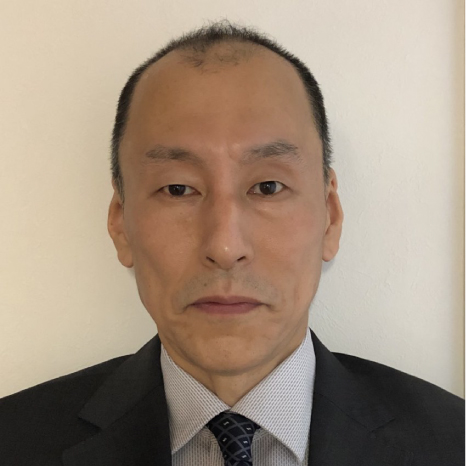 |
|
| 15:30 | 持続可能な開発のためのバイオマス活用(30分) Biomass Utilization for Sustainable Development (30 min.)梅澤 俊明 京都大学生存圏研究所 教授Dr. Toshiaki Umezawa (Professor, Research Institute for Sustainable Humanosphere, Kyoto University) 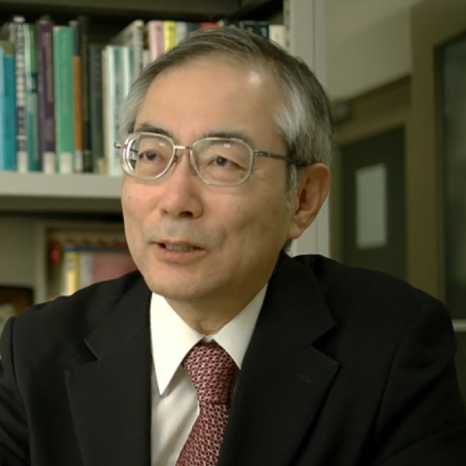
|
|---|---|
| 16:00 | 未利用資源や加工残渣の有効利用につなげる食品機能評価(30分) Evaluation of Food Functions for Utilization of Unused and Processing Residue Resources (30min.)菅原 達也 京都大学大学院農学研究科応用生物科学専攻 教授Dr. Tatsuya Sugawara (Professor, Division of Applied Biosciences, Graduate School of Agriculture, Kyoto University) 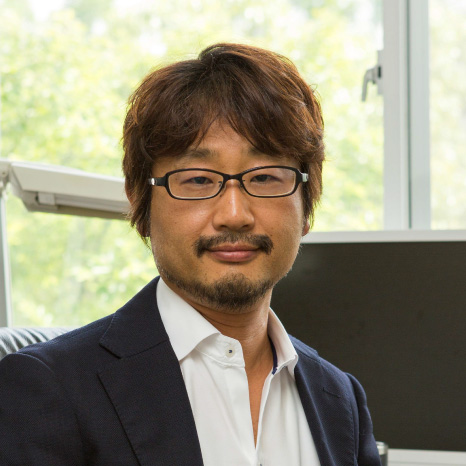
|
| 16:30 | 持続可能な開発のためのスマート・マニュファクチャリング(30分) Smart Manufacturing for Sustainable Development (30min.)楊 明 東京都立大学システムデザイン学部 教授Dr. Ming Yang (Professor, Faculty of Systems Design, Tokyo Metropolitan University) 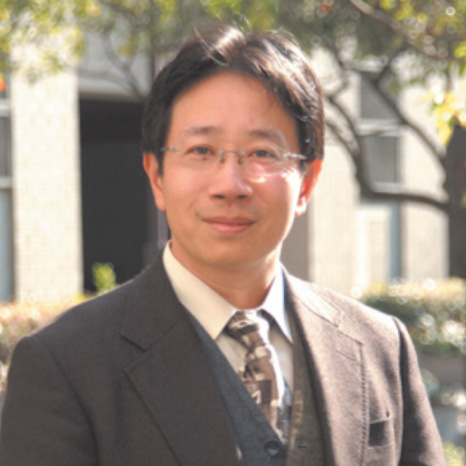
|
| 17:00 | 閉会挨拶Closing Remarks小山 博之 岐阜大学グローカル推進機構副機構長Dr. Hiroyuki Koyama (Associate Director of GU-GLOCAL) |
12/9 (水) 13:30 - 17:00Dec 9th [Wed] 13:30 - 17:00
産官学金連携セッションIndustry-Government-Academia-Banking Institution Collaboration Session*held in Japanese only
国際連携ジョイント・ディグリーを基軸とする地方創生(東海・北東インド・マレーシア)Regional Revitalization (with a special focus on the Tokai region (Japan), Northeast India and Malaysia) through International Joint Degree Programs
産官学金連携セッションでは、「地域創成:東海地域とJD連携先の北東インド、マレーシアを結ぶ地域創成」を目指して、学術セッションで紹介された研究に関連した産官学金による諸活動情報をご披露頂き、本シンポジウムご参加の関係者とその情報をシェアしつつ、今後の創成具現化に向けた方向性を探索する第一歩と位置付けております。
| 13:30 | 挨拶(5分)岐阜大学グローカル推進機構長 植松 美彦 |
|---|---|
| 13:35 | 各セッションコーディネーター紹介(5分)岐阜大学グローカル推進機構特任教授 三輪 真一 |
| 13:40 | バイオエコノミーの概説(5分)グローカル推進機構客員教授 柴田 大輔 |
| 13:45 | 産業基盤のセッション(45分)コーディネーター 三輪 真一(株)大垣共立銀行、名港海運(株)、中日本高速道路(株)、中部国際空港(株) |
| 14:30 | 機能性成分のセッション(45分)コーディネーター 柴田 大輔一丸ファルコス(株)、(株)テクノプレニードヒダ、金印(株)、オリザ油化(株) |
| 15:15 | 岐阜県の伝統文化に根差した製品紹介(20分)(株)ヤクセル(関市の刃物)、(有)大橋量器(大垣市の桝製品) |
| 15:35 | スマート・マニュファクチャリングセッション(35分)コーディネーター 植松 美彦(株)丸順、(株)エヌテック、(財)JFCC |
| 16:10 | 竹資源利用セッション(45分)コーディネーター 三輪 真一トヨタテクニカルディベロップメント(株)、鹿児島県薩摩川内市、(株)アクティベイト |
| 18:35 | 総括(5分)岐阜大学グローカル推進機構地域国際化推進部門長 小山 博之 |